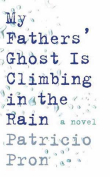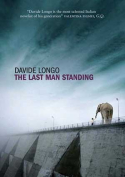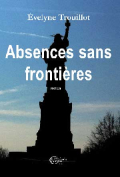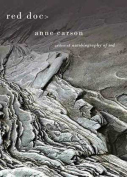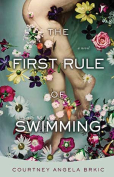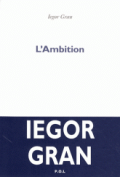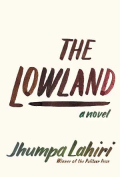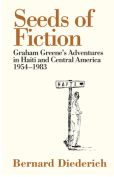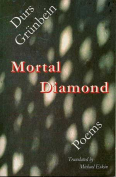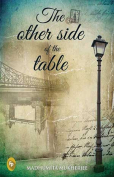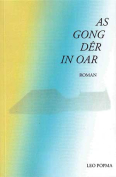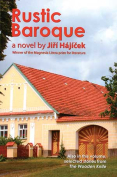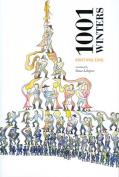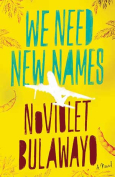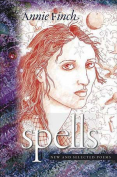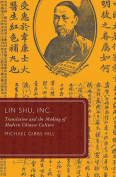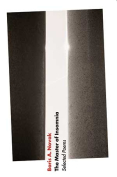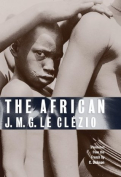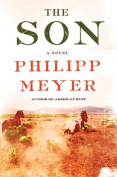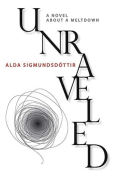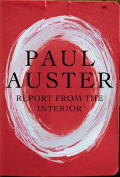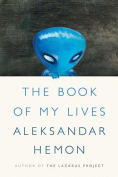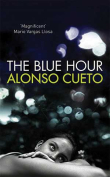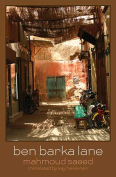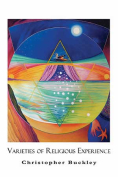Spells: New and Selected Poems by Annie Finch
 Middletown, Connecticut. Wesleyan University Press. 2013. ISBN 9780819572691
Middletown, Connecticut. Wesleyan University Press. 2013. ISBN 9780819572691
When opening a book of poetry by Annie Finch, the first thing a reader will notice is that the poems are dense—dense in language, dense in emotion. The complex density of Finch’s work arises not from a desire to write obtuse or esoteric poetry but from the poet’s deep knowledge of received poetic forms and modes as well as her woman and nature-centered philosophy. That philosophy announces itself in the poems through their content matter and their tendency toward circular, ritualistic, and mythic architectonics. Her knowledge of and longtime practice with received poetic forms is, perhaps surprisingly, more subtly announced—many poems in Spells require a second reading to identify the form and meter at work.
Spells includes poems from as early as 1978 and as recent as a section of new poems, presumably not published before their inclusion in this collection. It’s a challenge to choose a few treasures from the 204 pages—so many are worthy of remark. For example, Finch’s early-career translation of “The Seafarer” is faithful to the original form yet accessible for contemporary readers, much like Heaney’s translation of Beowulf. Finch’s own poems are as carefully considered and well wrought as her translation of “The Seafarer” and often just as deeply connected to human history and myth. “First Poem” equates the poet’s first poem of the day to the moment the first poem was uttered, when there is a call to “Let the syntax crack!” and “voice” becomes “an old tangle of synapse.” The poem “Calendars” is “a poem in chants for four voices”: Demeter, Persephone, Hades, and a Greek chorus. Like all the other mythic poems in this collection, “Calendars” works for contemporary readers, and the language is, for lack of a better word, gorgeous, engorged with color and imagery.
This is not to say that Finch’s poems don’t engage with the present or with contemporary issues—there are poems on incest and abortion, love poems, nature poems, poems of women’s friendship, and an elegy for the poet’s father: “Under the ocean that stretches out wordlessly / past the long edge of the last human shore, / there are deep windows the waves haven’t opened, / where night is reflected through decades of glass. / There is the nursery, there is the nanny, / there are my father’s unreachable eyes / turned towards the window. Is the child uneasy? / His is the death that is circling the stars.” “My father’s unreachable eyes” is a fine example of Finch’s facility with emotionally powerful imagery, and the stanza displays her graceful use of meter.
Finch’s poetry, plays, and performance pieces, infused with the spirit of thousands of poetic predecessors, remind us that poetry and theater were once wedded and that, in poetry, emotional and intellectual meanings are inextricable from their material properties: voice, word, sound, form, and rhythm. Everyone should have a copy of Annie Finch’s Spells on their shelf, for those hours when patterned rhythm and sound seem the best approximation of the soul’s speaking.
Jeanetta Calhoun Mish
Oklahoma City University
